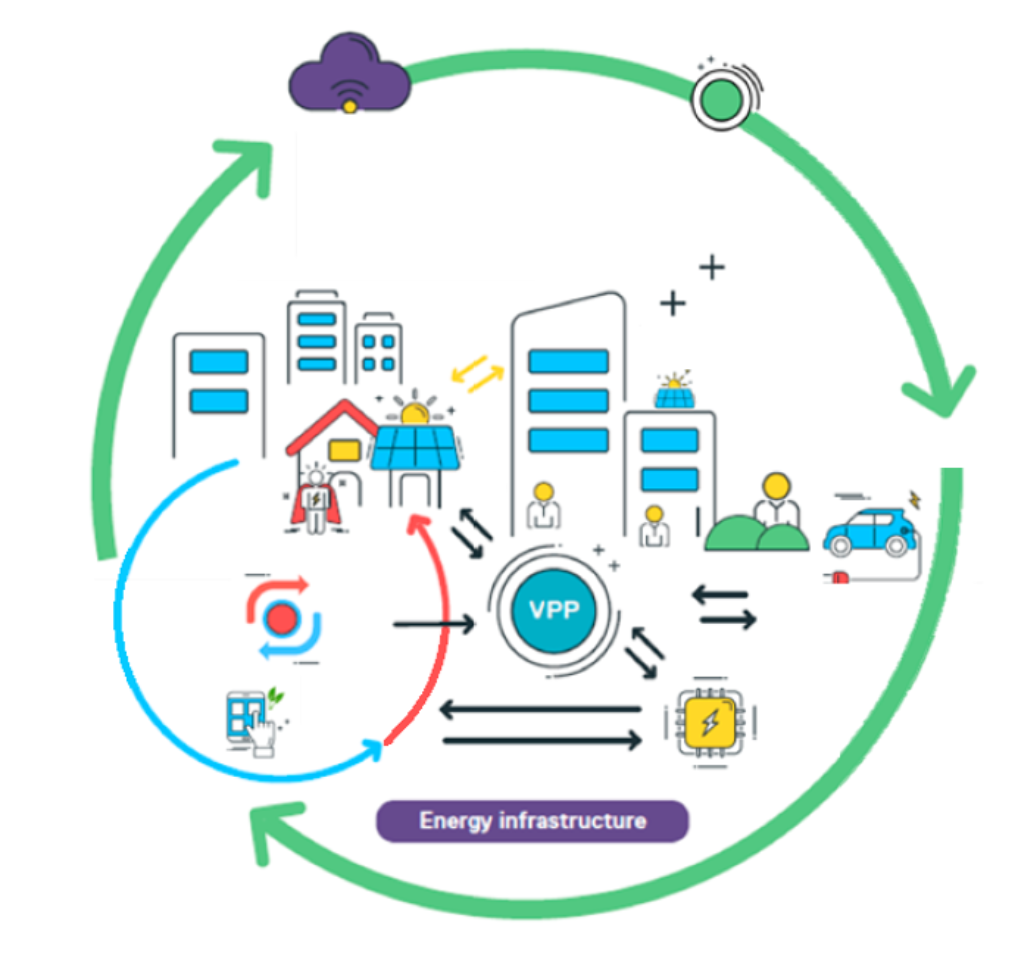Technical, Economic and Regulatory barriers for PEDs
Positive Energy Districts (PEDs) are a new concept to city planners, citizens, businesses, and investors. PEDs can be defined as energy-efficient and energy-flexible urban areas or neighbourhoods which produce net zero greenhouse gas emissions and actively manage an annual local or regional surplus production of renewable energy. PEDs are not only seen as a promising pathway towards sustainable urban areas, but also is their development crucial for the transition towards climate-neutral cities. However, PEDs must still overcome significant hurdles to persuade citizens, residents, city officials, media and businesses.
As part of the SPARCS activities related to city planning for positive energy blocks (task T3.2.3), the City of Espoo assessed technical, economic and regulatory barriers in piloting PED solutions in form of a literature review and a questionnaire.
The report includes an overview of the Finnish energy system and effective policies and regulatory frameworks. Furthermore, identified regulatory, economic, as well as technical barriers for the development of PEDs in Finland are presented in the document. The report also includes the results of a short questionnaire about the barriers and prerequisites for the development of PEDs, which was conducted by the City of Espoo in fall 2021.
The report can be accessed through the link below.

